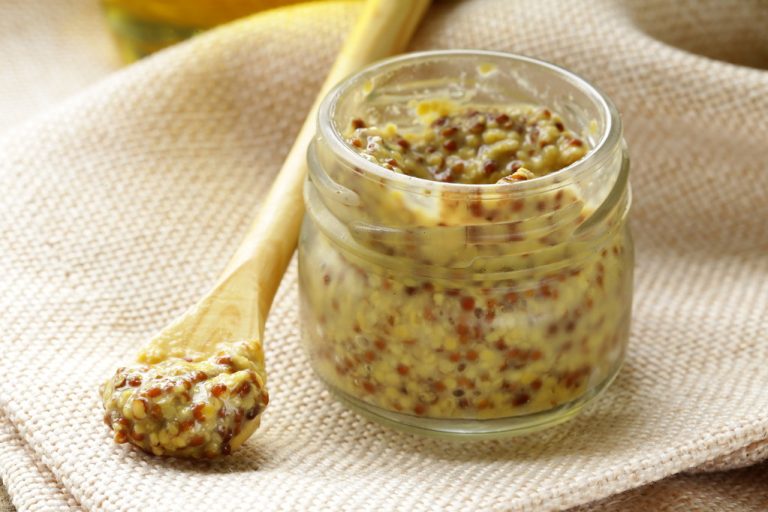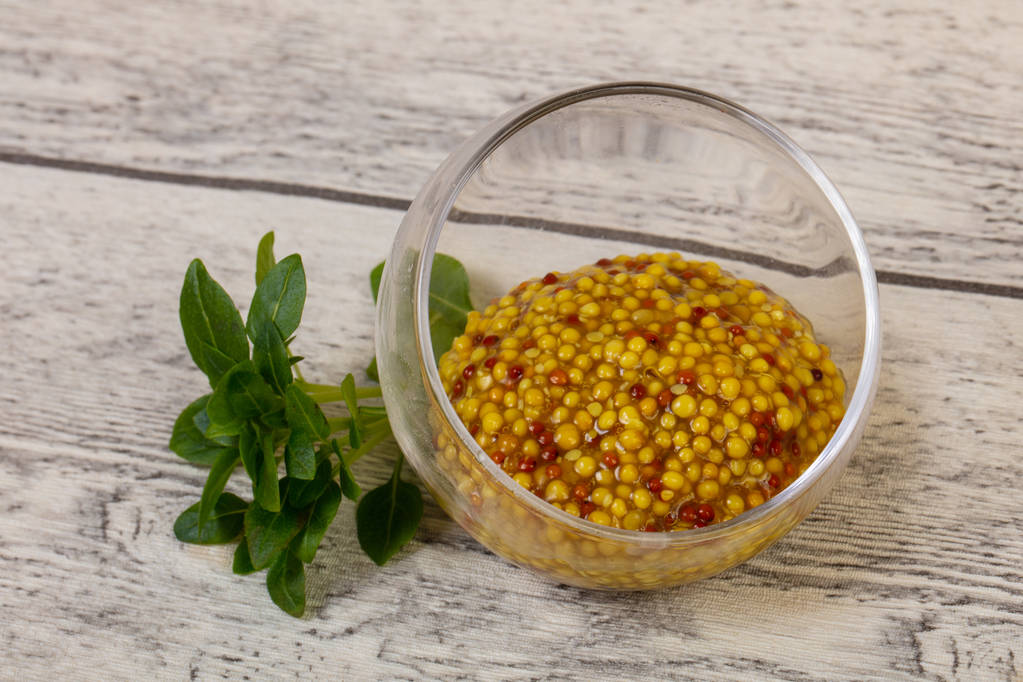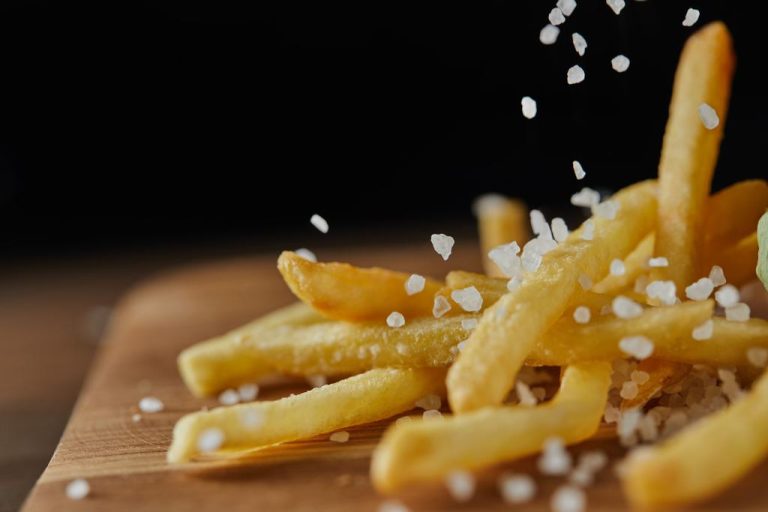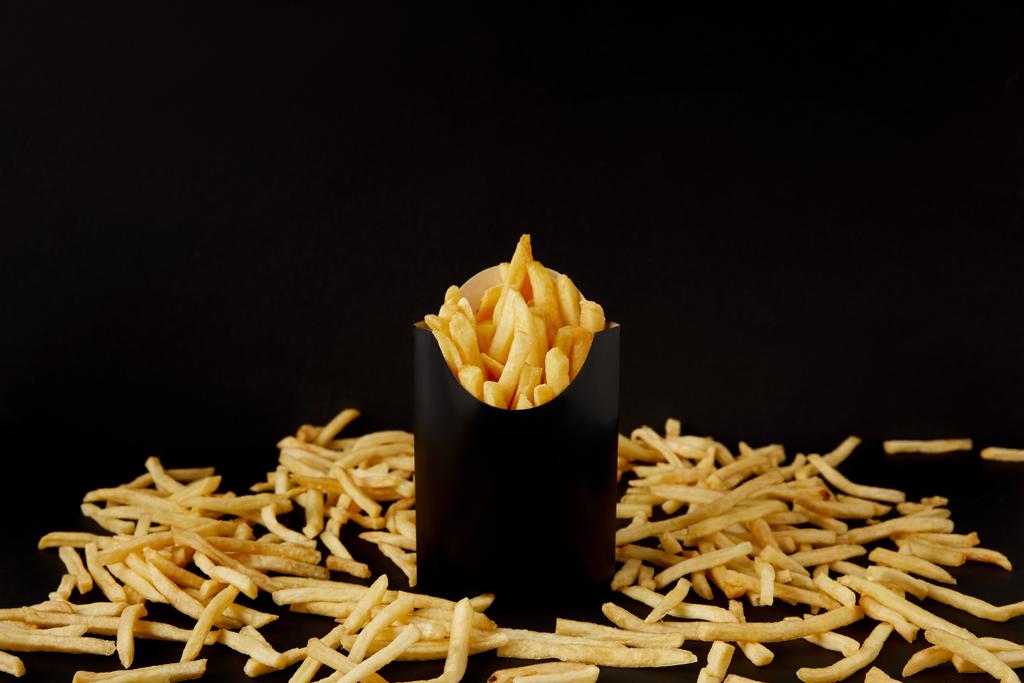There has long been a debate about whether coffee is harmful or healthy. A study now makes it clear: it depends on the type of coffee.
Filter coffee, French press or espresso: which coffee variety is the healthiest?
For a long time, coffee, consumed daily and in large quantities, had a bad reputation. It promotes cardiovascular diseases, promotes high blood pressure and also has an acidifying effect, it was said.
In their study, Willet and his colleagues were able to reveal that the right type of coffee is – on the contrary – health-promoting. Daily coffee enjoyment can therefore even prolong life. According to the research team, not the gently prepared espresso, not the coffee with the gourmet crema from a portafilter machine, but simple filter coffee is the healthiest.
In addition to finding that coffee can help you lose weight by curbing your appetite and boosting your metabolism, the scientists identified other health benefits:
Filter coffee lowers cholesterol levels
enhances the pain relief of pills
has an anti-inflammatory effect
protects against certain types of cancer (skin, breast, prostate cancer)
reduces the risk of certain liver diseases (liver fibrosis and cirrhosis)
lowers the risk of heart disease
Coffee consumption reduces the risk of developing diabetes
In an earlier study by the same research team in 2006, it was shown that moderate coffee consumption also reduces the risk of developing type II diabetes.
Coffee contains many phytochemicals such as polyphenols and alkaloids. These are important antioxidants that have an anti-inflammatory effect and protect against free radicals, which attack cell structure and are involved in the development of various diseases (e.g. cancer, cardiovascular diseases). Coffee also contains a lot of magnesium, potassium and vitamin B3. In its overall effect, it can therefore positively influence intestinal health as well as sugar and fat metabolism.
In addition to these good ingredients, pollutants can also be produced when the beans are roasted. This is why the preparation of coffee is so crucial. Unfiltered variants, such as coffee from the French press or Turkish coffee, contain so-called diterpenes, which increase cholesterol levels.

Filter coffee is healthier than unfiltered coffee
The much-praised espresso, which is brewed gently, also contains fewer, but still a moderate amount of harmful substances. Here, too, a certain amount of coffee grounds remains in the cup, which is often drunk as well. The bad LDL cholesterol increases the risk of cardiovascular disease in coffees other than filter coffee by as much as 11 percent (when consuming six cups a day), the study found. Unfiltered coffee is therefore particularly dangerous for people with dyslipidemia.
If you drink filter coffee, you don’t have to worry about the quantity. A total of three to five cups a day are still considered healthy. Of course, the strength and roasting also play a role here. Incidentally, how bitter you perceive your coffee is partly dependent on your genes. Some people lack certain receptors that taste bitterness, which is why they perceive their coffee to be milder than others who have these receptors.










